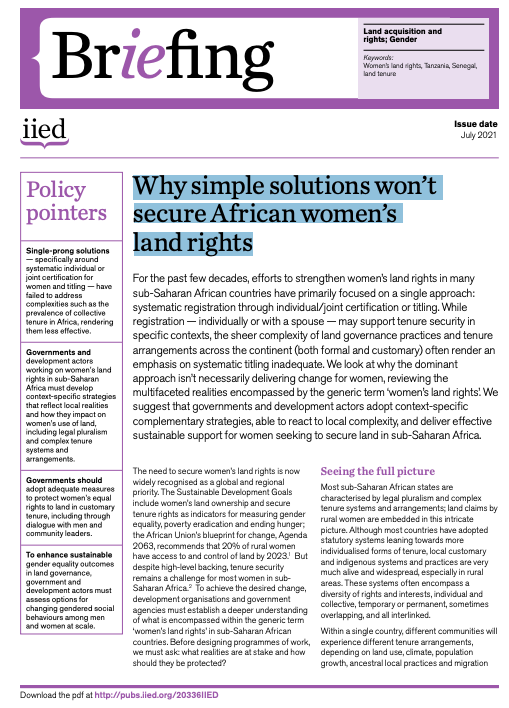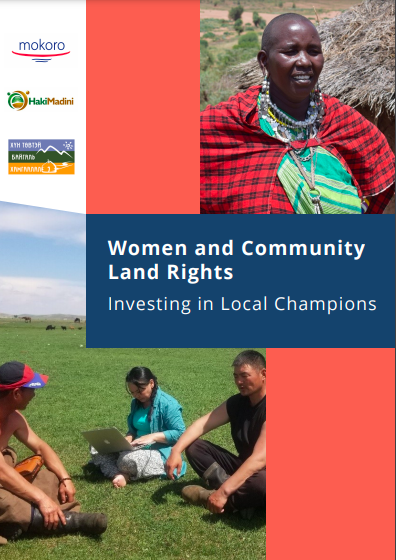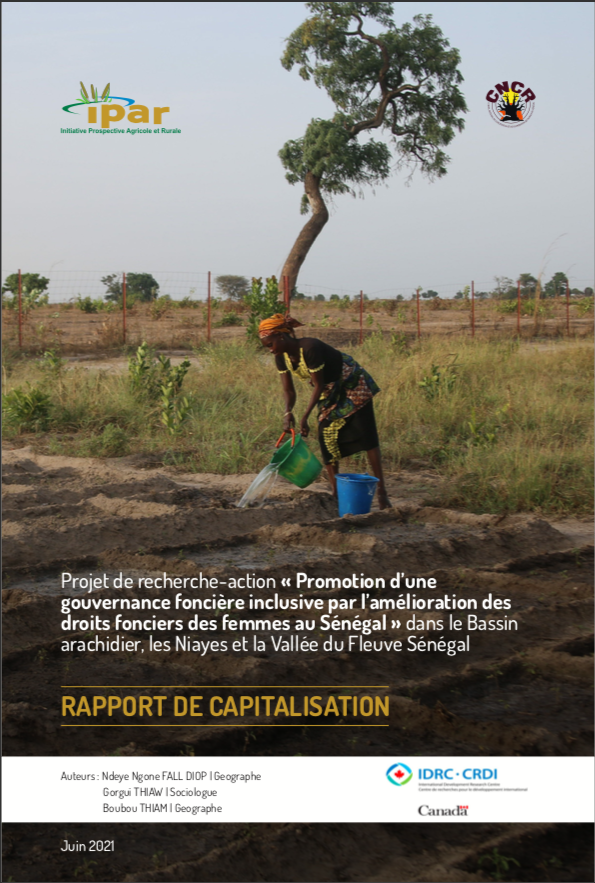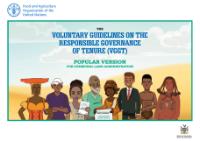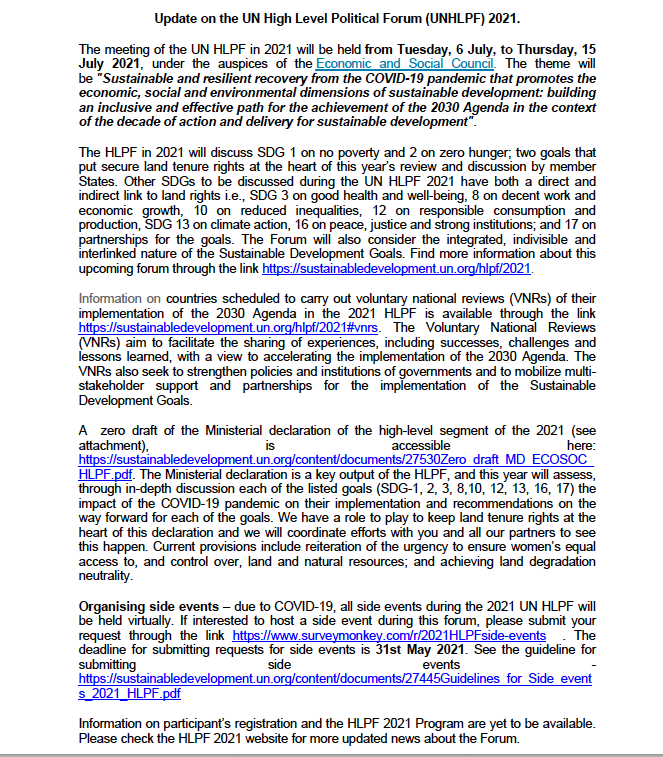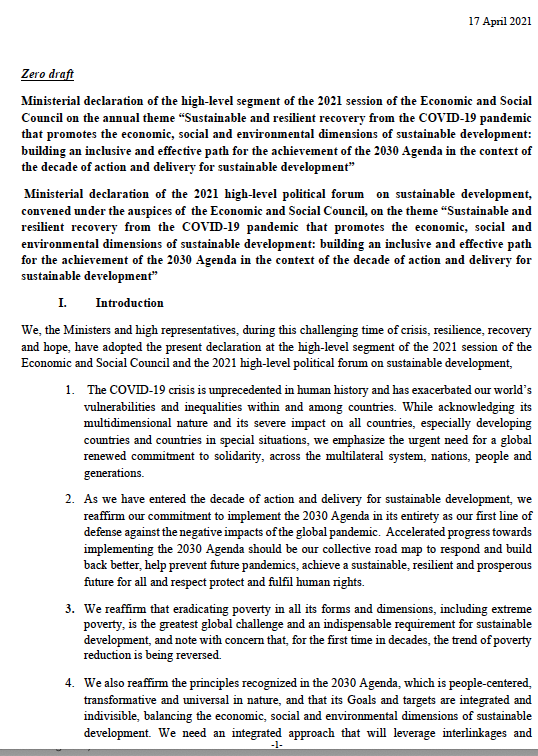Women’s land rights: Customary rules and formal laws in the pastoral areas of Ethiopia – complementary or in conflict?
Land in Ethiopia is held by the state, who acts as a custodian for the Ethiopian people. Even though it is the state which controls land ownership, farmers and pastoralists are guaranteed a lifetime ‘holding’ right that provides rights to use the land, rent it out, donate, inherit and sharecrop it. Everything except sell and mortgage it. On paper and under existing formal laws, women have equal rights to men as far as use and control of and access to land is concerned.


